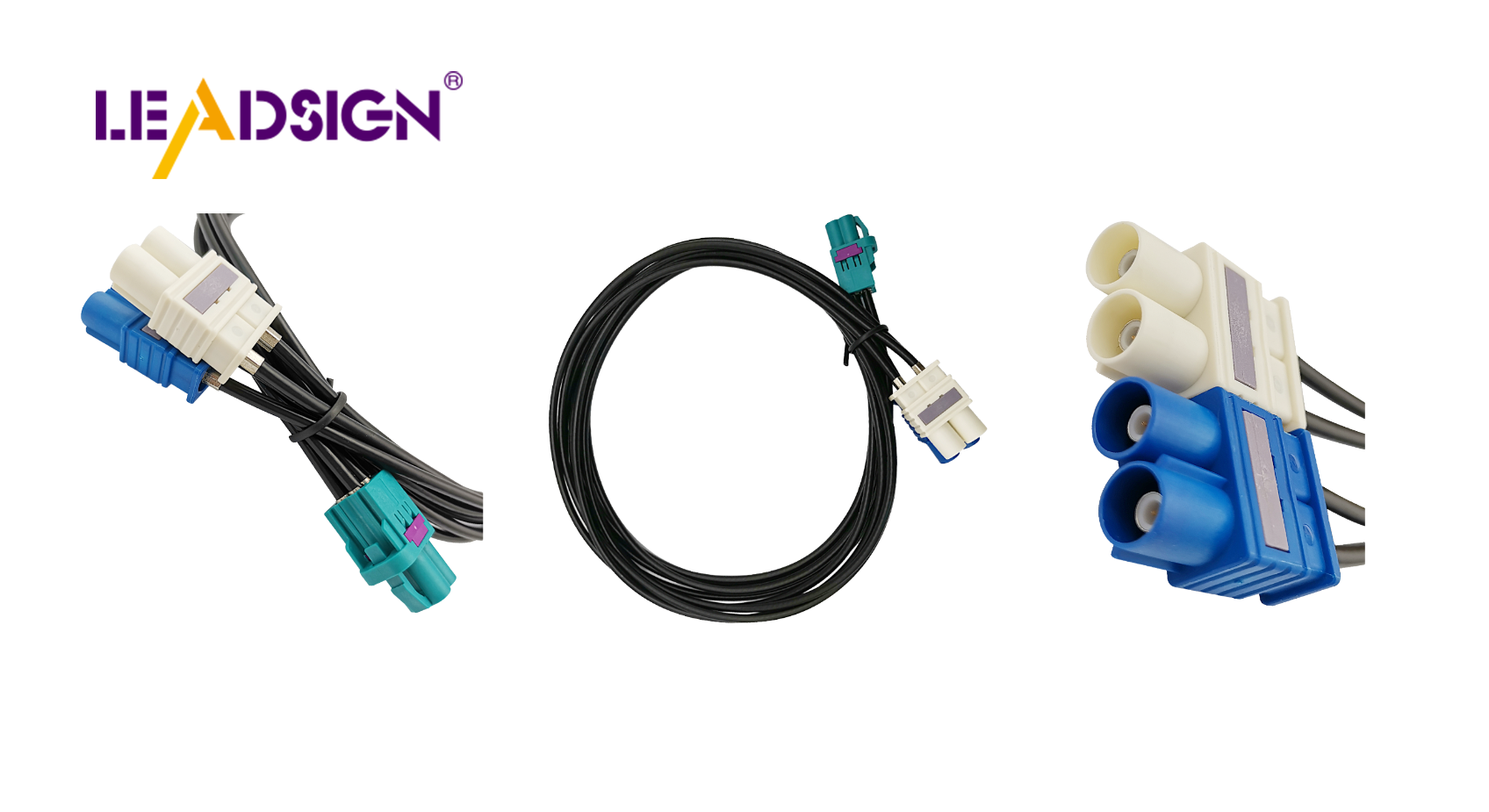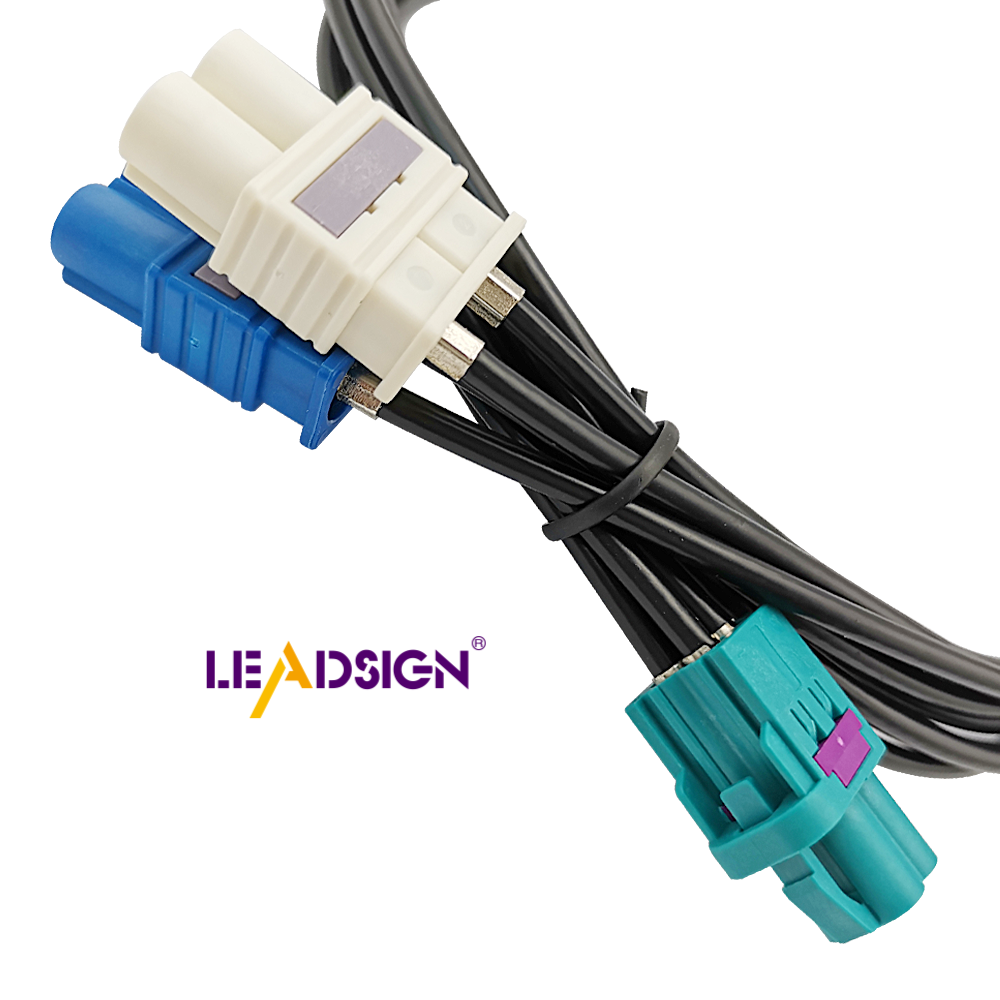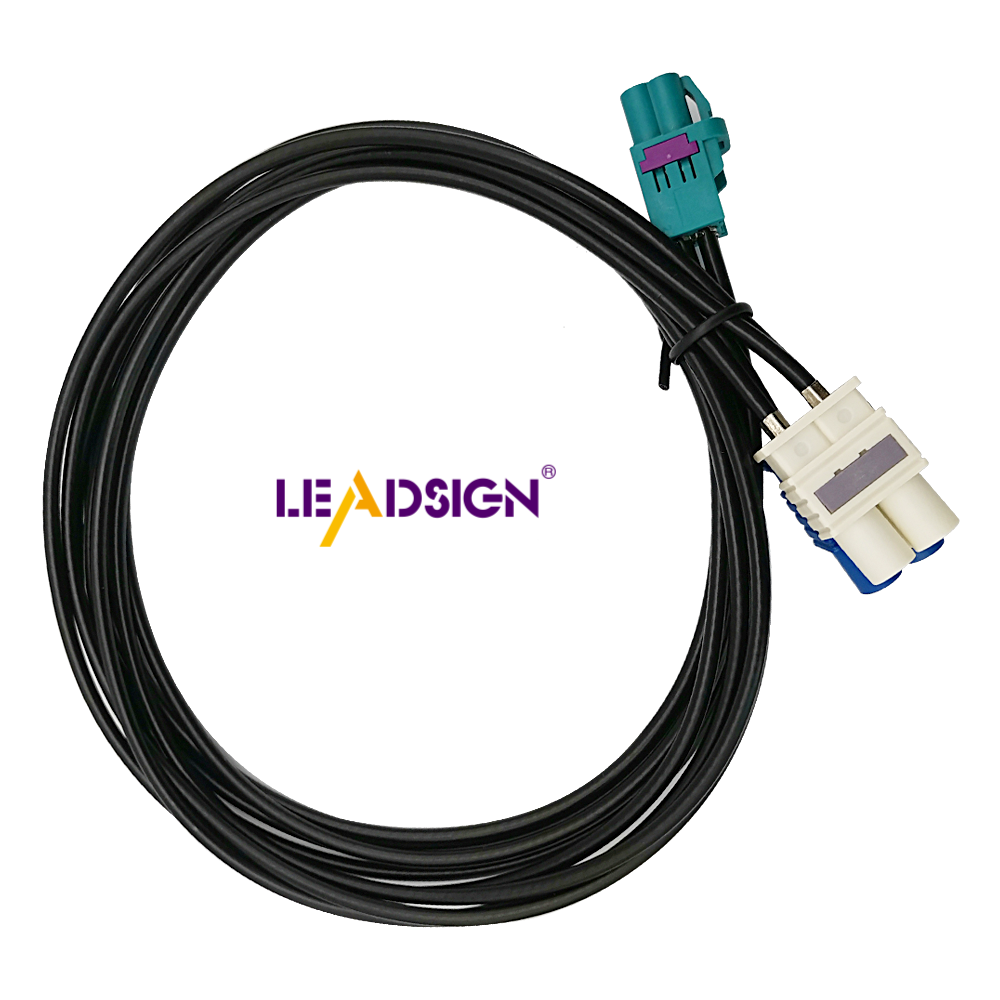How to Select Car Wire Connector Types for Optimal Performance

Choosing the right automotive electrical connectors types is crucial for your vehicle. They protect the internal circuits and prevent electrical issues. Automotive electrical connectors types help avoid contact problems. Regular maintenance, such as cleaning and inspecting for damage, extends their lifespan. This careful approach not only enhances the longevity of car components but also ensures your vehicle remains safe and operates efficiently.
Knowing What You Need
When picking car wire connectors, know what you need. This makes sure they work well in their job.
Voltage and Current Needs
First, find out your car's voltage and current needs. Connectors handle different electrical loads. For example, power connectors like barrel ones send power well. Check the connector's current rating and voltage match. This helps power move safely and stops problems. If they don’t match, it can cause failures and make your car unsafe.
Environmental Conditions
Think about where the connectors will be used. Cars face tough places like hot or cold weather, shaking, and wetness. Connectors must handle these to stay strong. Military connectors are tested for harsh spots. Car connectors should also be tough for everyday use. They need to resist water and last long. These features stop pins from breaking down which could cause system failure.
By checking these needs carefully, you pick connectors that fit your car’s power needs and survive tough conditions too. This smart choice keeps your car’s electrical parts working well for a long time.
Overview of Automotive Electrical Connectors Types

Knowing different automotive electrical connectors types is key for your car's electrical system to work well. Each type has a special job and offers unique perks. Let's look at some common connector types you might see.
Wire Terminals
Wire terminals are simple but important automotive electrical connectors types. They link wires to parts in your car. You can find them as ring, spade, and bullet shapes. Each shape does something specific. For example, ring terminals hold tight by going around a bolt or screw. This makes sure the connection stays strong and doesn't come loose from shaking or moving.
When picking wire terminals, think about the material and size. Copper ones conduct electricity well, while insulated ones stop short circuits. Make sure the terminal size fits the wire gauge snugly. This fit stops electrical problems and keeps signals clear.
Multi-pin connectors are flexible automotive electrical connectors types that let many wires connect at once. These are great for complex systems needing lots of connections, like engine controls and infotainment setups.
Multi-pin connectors are flexible automotive electrical connectors types that let many wires connect at once. These are great for complex systems needing lots of connections, like engine controls and infotainment setups.
The main benefit of multi-pin connectors is they handle many signals or power lines together in one piece. This makes wiring easier and less messy. When choosing these connectors, check how many pins there are and their current rating. Make sure they can carry the load safely without overheating or causing fires.
Weatherproof Connectors
Weatherproof connectors can handle tough conditions outside. These automotive electrical connectors types are crucial where moisture, dust, and temperature changes happen often, like in engine bays or outside lights.
These have seals that keep water and dirt out of the connection. This protection helps them stay working over time reliably. When picking weatherproof connectors, look at the IP rating; higher ratings mean better protection against weather.
Key Things to Consider
Picking the right car wire connectors means knowing what to look for. These things help your connectors work well and last longer.
Wire Size Match
Wire size match is important when choosing connectors. You need to make sure the connector fits the wire size for a good connection. If they don't fit, it can cause bad electrical work or even break things.
Why it Matters: Right wire size match helps power move well. It lowers resistance and stops overheating.
How to Choose: Look at the wire size on both the wire and connector. Make sure they match perfectly for best performance.
Material Strength
The material strength of connectors affects how they work. Good materials make them reliable and stop them from breaking early. Connectors face bumps, shakes, and hot or cold weather, so they must be strong.
Material Importance: Pick connectors made from strong stuff like copper or brass. These materials conduct electricity well and don’t rust easily.
Durability Factors: Find connectors that passed tough tests. Small ones should show they are strong in hard conditions. This keeps them working over time.
By thinking about these key points, you keep your car’s electrical system working well and safely. Picking the right connectors not only makes things work better but also helps your car parts last longer.
Installation and Maintenance Tips

How to Install Correctly
Putting in car wire connectors right makes them work well. Follow these steps for a strong connection:
Get Wires Ready: Carefully strip the wire ends. Show enough wire for a good link but don't cut too much, as it can weaken the wire.
Pick the Right Tool: Use the correct crimping tool for your connectors. A proper tool makes sure the crimp is tight, stopping loose connections that cause problems.
Line Up and Insert: Line up the wire with the connector right. Push it all the way in to make a strong link. If not lined up, it can lead to bad conductivity and dangers.
Crimp Well: Press firmly with the crimping tool. Make sure the wire is held tightly inside the connector. A loose crimp can cause disconnections and issues.
Check Connection: After putting it together, test if it's stable. Gently pull on the wire to see if it's secure. This step checks your work is done well.
Best Ways to Maintain
Keeping car wire connectors in good shape stops future problems:
Regular Checks: Look at your connectors often for wear or damage signs like rust or loose wires. Finding issues early stops bigger problems later.
Clean Connectors: Use a soft brush or air to clear dirt from connectors. Clean ones conduct electricity better and lower failure risks.
Don't Reuse Connectors: Ask experts before reusing connectors as it might not be safe or effective for your needs.
Keep Dry: Use covers or sealants to protect from water which causes rust and damage leading to electrical troubles.
Tighten Connections: Make sure all links stay tight and secure because loose ones can cause electrical issues and safety risks.
By following these tips, you keep your car's electrical system working well and safely longer.
Choosing the right car wire connectors is very important. Think about what you need them for and where they will be used. This helps stop overheating and danger. Installing them correctly and taking care of them makes them last longer. Check and clean them often to keep them working well. Doing these things keeps your car parts working better for a long time. A strong connection is key to making sure your car runs safely and smoothly.
See Also
Enhancing Vehicle Data Transfer With Innovative Connectors
Boosting Performance Using HFM Connectors in Vehicles
Why FAKRA Connectors Matter in Automotive Technology

